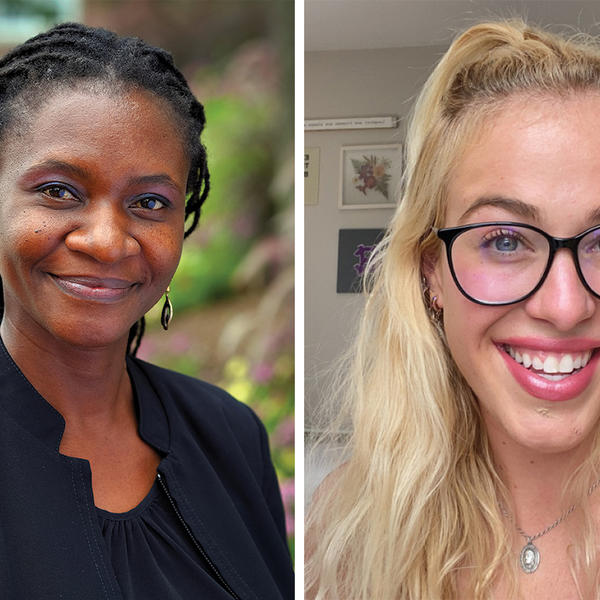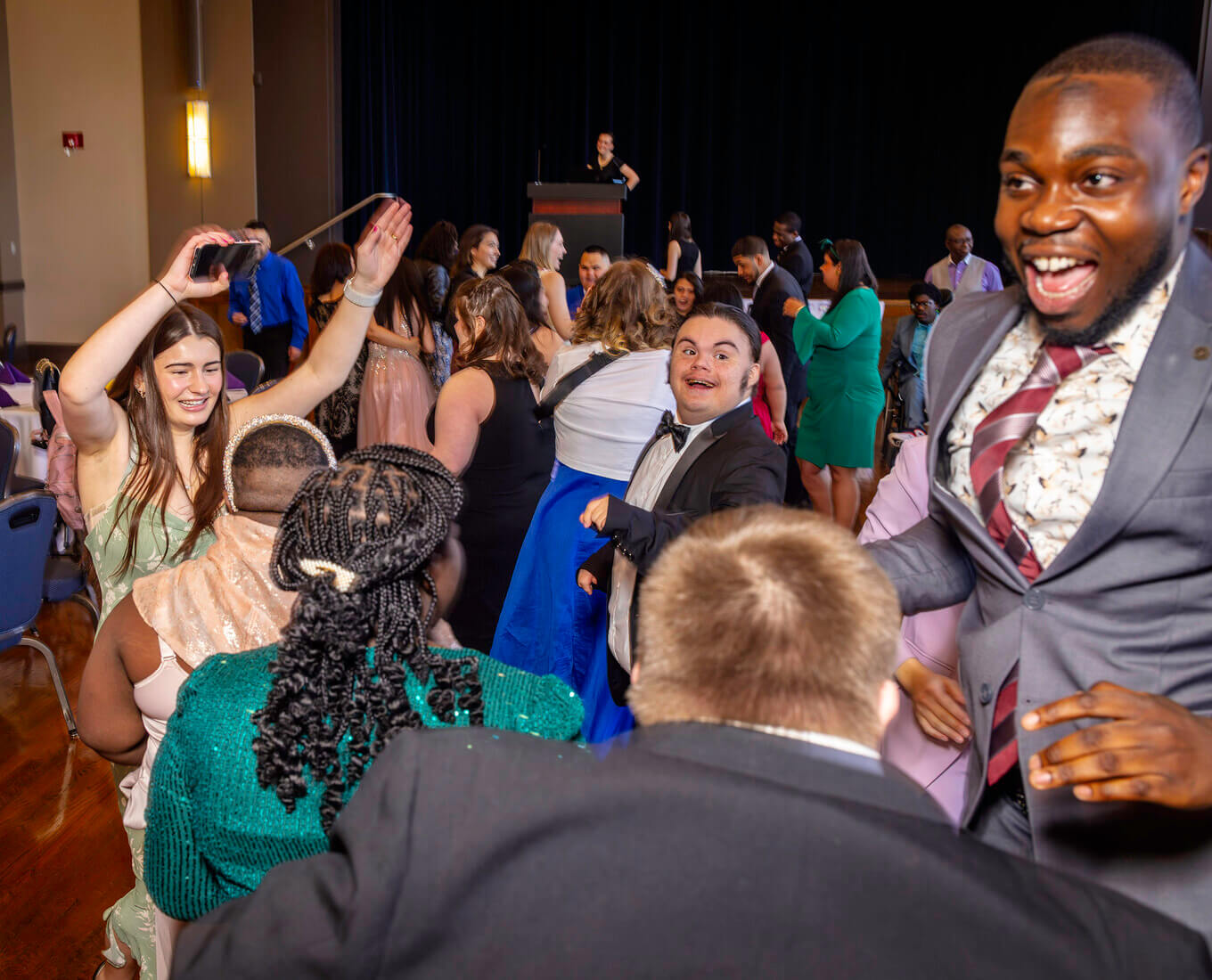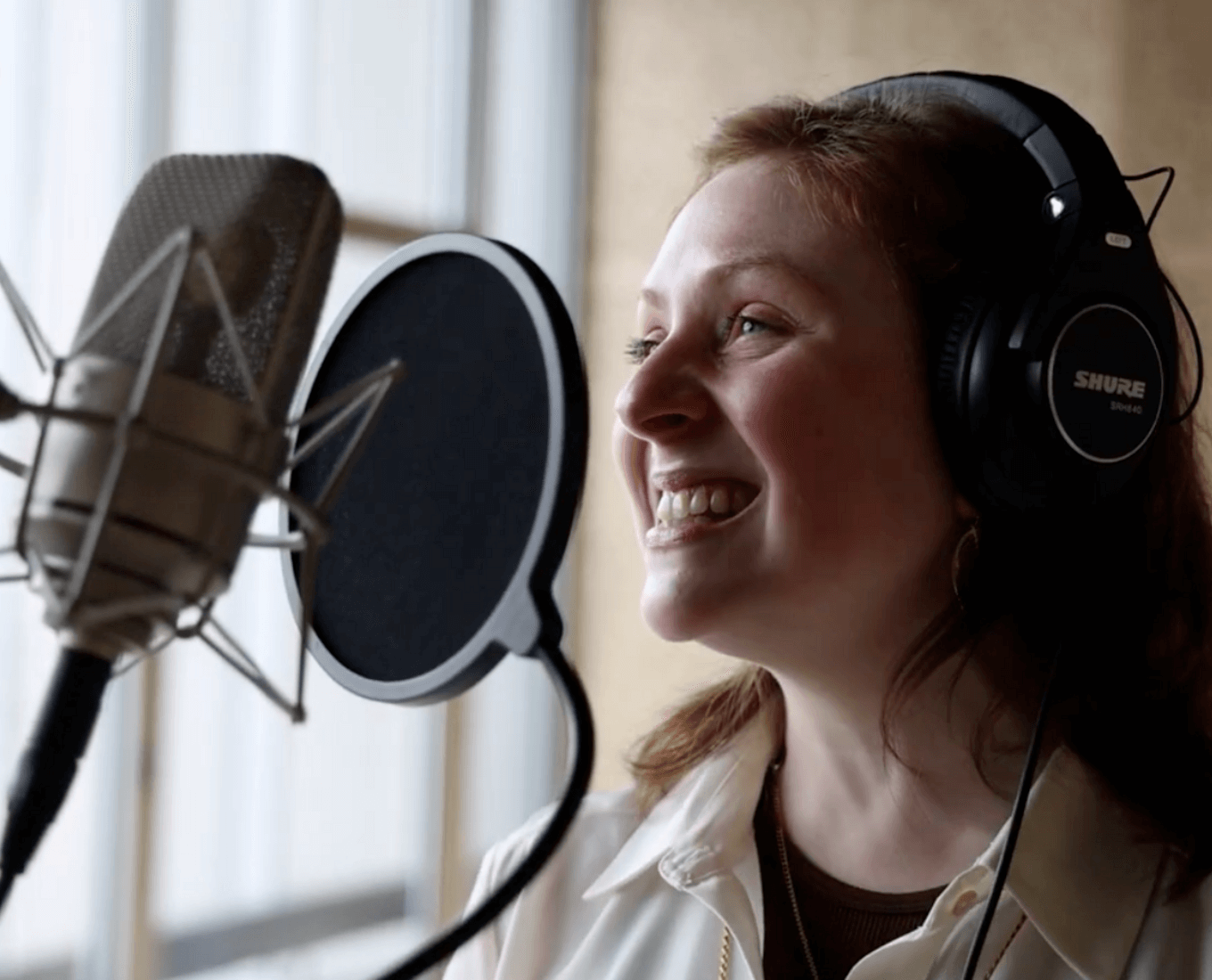Many Holy Cross summer internship experiences are student- or professor-initiated, but with Holy Cross' reputation for outstanding faculty and passionate students, some opportunities — like the creation of an anti-racism plan for a local health center — develop out of requests from the local community.
The Family Health Center of Worcester is an organization that strives to provide health care and social services to Worcester's diverse population, regardless of their ability to pay. Last year, Ben Alfred, a nurse practitioner from the health center, reached out to Tsitsi Masvawure, professor of practice in health studies in the Center for Interdisciplinary Studies, for help. Riley Dolan '22, a health studies and English double major from Chicago, later came on to the project as a research associate.
This summer, Dolan and Masvawure have worked together to develop a program that helps health center providers better understand racial equity and respond to racism in health care.
"The idea is to support the health care providers with skills and information on what racism is, how you identify it and how it might present itself at a health facility," says Masvawure, who is a medical anthropologist by training and researches health issues like HIV. Masvawure is co-leading this project with Munyaradzi Munochiveyi, associate professor in history and director of Africana Studies.
Masvawure and Dolan have organized workshops for health center providers, supported action plans developed by the health center and established both a physical and digital resource library for the center. They also connected with a provider group at UMass Memorial Health focused on racial equity in health care and ran a train-the-trainer workshop with nurse practitioners and behavioral health experts from the health center who are working in the Worcester Public Schools.
"If we build capacity so that two or three people can facilitate racial equity conversations with others in their organizations and have the skills and know where to get the resources they need, I think that will be a big contribution," Masvawure says.
As part of the Weiss Summer Research Program, Dolan continued to expand her skills as a researcher. She conducted daily interviews not only with local providers but also with Holy Cross alumni working in health care across the nation, gathering stories about their experiences with racial inequity in the field.
"Getting these stories, we can create more of a tangible change because they help us understand the barriers that both patients and providers face," Dolan says.
Working alongside her professor, Dolan says she has learned important tools for organizing a research project on this scale, including practical skills like conducting interviews and getting approval from the Institutional Review Board. Masvawure offered Dolan support and guidance over the summer, but also let her run with the project.
"Those experiences you usually only get in graduate school," Masvawure says. "Riley's been doing a lot of on-the-ground work, reaching out to different organizations and helping to solve a real-world problem."
Dolan says the work has underlined the importance of tackling systemic issues to achieve racial equity in health care.
"What I'm realizing in trying to discover some feasible ways to lessen health care disparities, particularly within a society where racism creates so many negative health consequences for people, is that the problems are bigger than a single provider or institution and will take broader community action to solve," she says.
Masvawure hopes the partnership between Holy Cross and the center will only grow stronger as the project moves forward, thanks to a three-year Scholarship In Action grant to continue the work.
"It's such an important project," she says. "We're responding to a community need, and if we can model for other liberal arts colleges and community organizations that these partnerships can be impactful and collaborative, I think that will be a meaningful contribution that academic institutions can make in the communities they reside in."
This profile appears as part of the Holy Cross Student Summer series.
Anti-Racism Action Plan Internship—Holy Cross Student Summer Series

Riley Dolan ’22 and Professor Tsitsi Masvawure are collaborating with the Family Health Center of Worcester to respond to a community need
Read Time
3 Minutes


